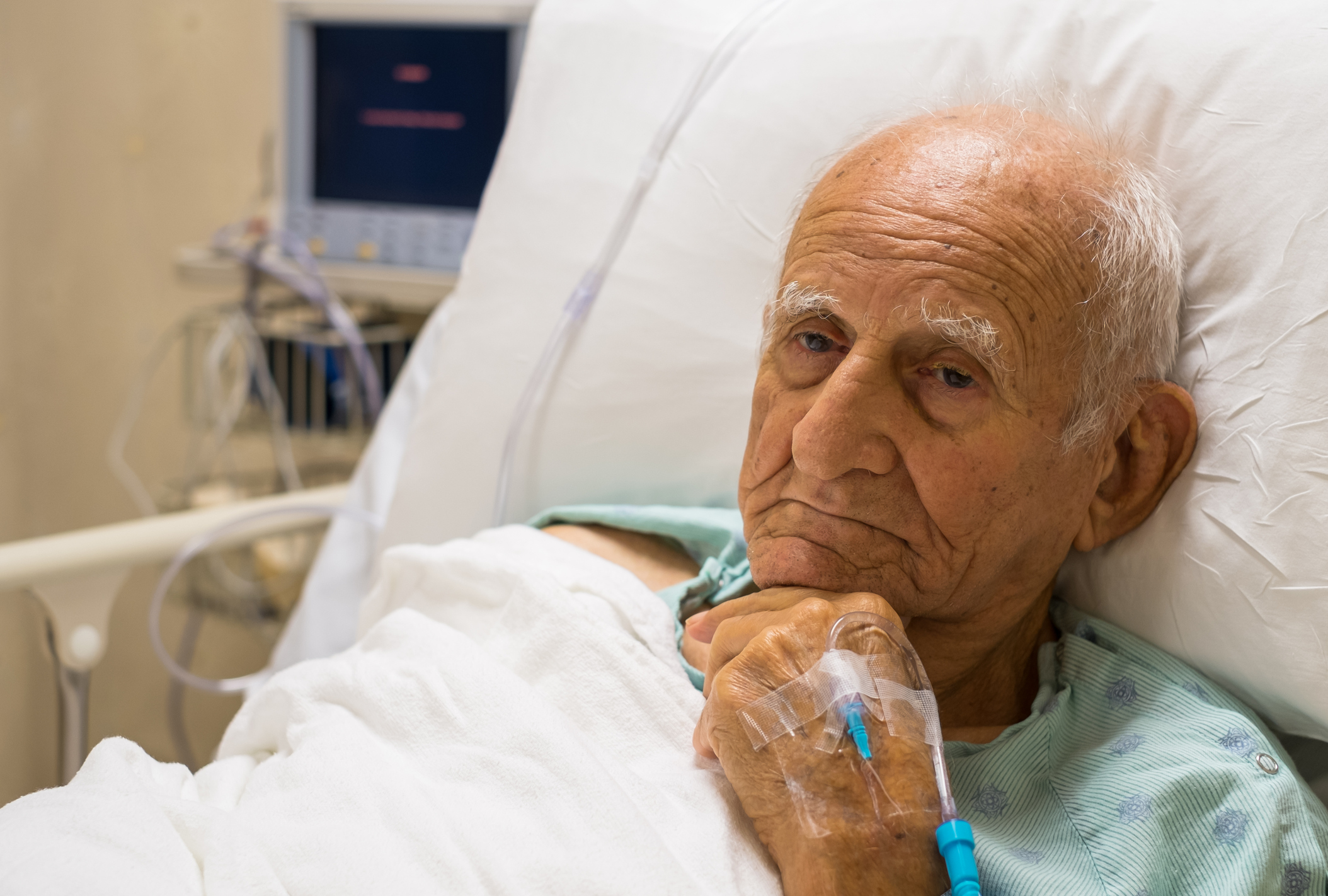Delirium, as result of a hospital stay, is seen in a surprising number of patients over the age of 65 and is often misdiagnosed as dementia, according to a report in Kaiser Health News. Research into cases of delirium found that each year nearly 7 million hospitalized Americans are affected by delirium which can cause vivid hallucinations, delusions and a sudden change in cognitive abilities.
In contrast to dementia, which develops gradually and worsens over times, the onset of delirium is sudden and can cause aggressive or lethargic behavior and confusion. Delirium can be triggered by heavy sedation or the use of a ventilator but in some cases, patients recovering from surgery or being treated for a common urinary tract infection can also display signs of delirium. The symptoms can sometimes last for months after discharge.
There are few good treatments for delirium which, according to research published in the journal Nature Reviews Neurology, affects at least 20 per cent of hospitalized patients over the age 65 in the United States. However, risk factors for delirium can be minimized, helping to prevent an estimated 30 to 40 per cent of cases. Interventions can also help lower the chances for long-term impairment and reduce the risk for injury as a result of a fall.
To help prevent delirium, some hospitals are taking extra precautions to remove known triggers. Tranquilizers used to treat anxiety (benzodiazepine) may cause problems, especially among elderly patients who may be more sensitive to drug side-effects. Minimizing sleep disruption and keeping patient rooms darker and quieter at night, limiting the use of restraints and getting patients out of bed and moving sooner are all approaches hospitals are using to reduce cases of delirium.
Making sure elderly patients have their eyeglasses and hearing aids available and are staying well hydrated was found to reduce delirium by 53 per cent, according to a study by Harvard Medical School researchers. These simple approaches to senior care in hospital also reduced the rate of falls by 62 per cent.
With growing awareness about delirium resulting from hospitalization, health care providers world-wide are now using the CAM scale (Confusion Assessment Method) to assess delirium. With a rapidly aging population, getting ahead of delirium for hospitalized seniors will not only help to reduce the length of hospital stays but also prevent injury and reduce costs. The Hospital Elder Life Program or HELP is has been implemented in 200 hospitals across the U.S. to reduce or prevent delirium.
To learn more about what families can do if their loved-one in hospital is experiencing delirium, visit the HELP website by following this link.






Add Your Voice
0 Comments
Join the Discussion